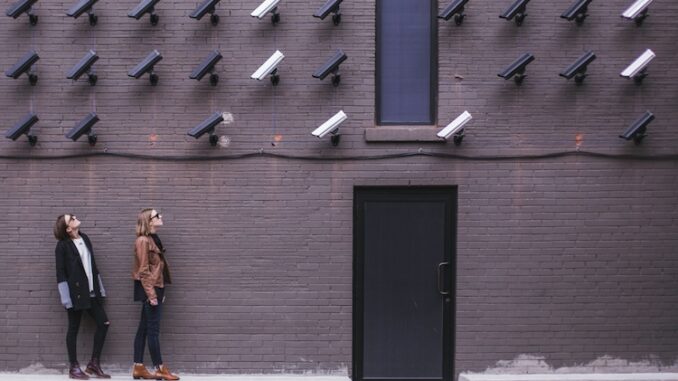
According to several international studies, facial recognition technology is accepted by publics in certain scenarios and not in others, writes Nicholas Dynon.
Facial recognition technology is becoming more widely used, but this has not been matched by wider acceptance from the public.
Controversies continue to hit the media, with both public and private sector organisations frequently outed for flawed deployments of the technology.
The New Zealand Privacy Commissioner is currently evaluating the results of retailer Foodstuff North Island’s trial of live facial recognition in its stores.
The commissioner is also considering a potential code on the use of biometrics that would govern the use of people’s unique physical characteristics to identify them.
But as facial recognition becomes more common, public acceptance of the technology is inconsistent.
Retail stores, for example, tend to attract controversy when using facial recognition technology. But there has been little resistance to the use of it in airports. And the vast majority of people have no problem unlocking their phones using their faces.
My research draws together 15 studies on the public acceptance of facial recognition technology from the United States, United Kingdom and Australia.
There has been little analysis of New Zealand attitudes to the technology. So, these studies offer a view into how it is accepted in similar countries.
What I found is that public acceptance of facial recognition technology depended on the location of the recording – and why it was being captured.
Trusting personal use
According to the global research, individuals tended to place trust in the facial recognition technology on their own smart phones.
According to a 2019 study from the US, 58.9% of people were comfortable with using facial recognition to unlock their smartphone. And a 2024 survey found 68.8% of Australians felt the same.
This is interesting because while individuals physically “operate” the technology via an app on their phone, they don’t control the app itself or the data it collects.
Acceptance is, therefore, a product of perception. When someone uses facial recognition technology on their own phone they feel in control.
Less trust in the government
Public acceptance of government use of facial recognition varied greatly depending on what it was being used for.
The more familiar people were with a particular technology, the higher their level of acceptance of it was.
People were comfortable with governments using facial recognition for identifying passengers at airport customs, for example. But they were less happy with its use in identifying voters at polling places.
When it came to its deployment by police, people generally accepted the use of facial recognition technology to identify terrorists and investigate serious crimes. But research found resistance to it being used to identify minor offences and antisocial behaviours, such as parking violations and littering.
People were also uncomfortable with the idea of it being used in court to gain a conviction in the absence of other forms of evidence.
The more ambiguous the use of the technology was, the greater the degree of discomfort around it.
Deployments such as “monitoring crowds as they walk down the street” and “day-to-day policing” lead to concerns over ubiquitous surveillance and the loss of “practical obscurity” (the idea that even in public spaces, you have the right to some level of privacy).
Wary of the private sector
As mixed as public acceptance of government facial recognition technology may be, it was generally greater than that for the private sector.
People place little trust in businesses’ ability to operate the technology responsibly.
According to a 2024 survey from New Zealand’s privacy commissioner, 49% of respondents said they were concerned or very concerned about the use of facial recognition technology in stores.
But as the acceptability data on government use demonstrated, context is key.
Retail-focused research found the public was more accepting of facial recognition technology to identify shoplifters, antisocial patrons and fraudsters than for other purposes – such as loyalty programs, advertising, payments and the tracking of customer behaviour.
In the workplace, security-related deployments attracted limited although greater acceptance than uses relating to employee location and behaviour tracking.
The need for social licence
The question of why facial recognition technology is controversial in some cases but widely accepted in others is an important one.
The absence of research into the public acceptance of facial recognition in New Zealand means there is no evidence basis upon which to establish the social licence for the technology.
There is also a limited understanding of the range of scenarios social licence might cover.
As private businesses and public organisations increasingly use facial recognition technology, it’s important to understand more about how the public feels about having their faces recorded and matched to their identity in real time.![]()
Nicholas Xavier Dynon, Doctoral Candidate, Centre for Defence & Security Studies, Te Kunenga ki Pūrehuroa – Massey University
This article is republished from The Conversation under a Creative Commons license. Read the original article.





